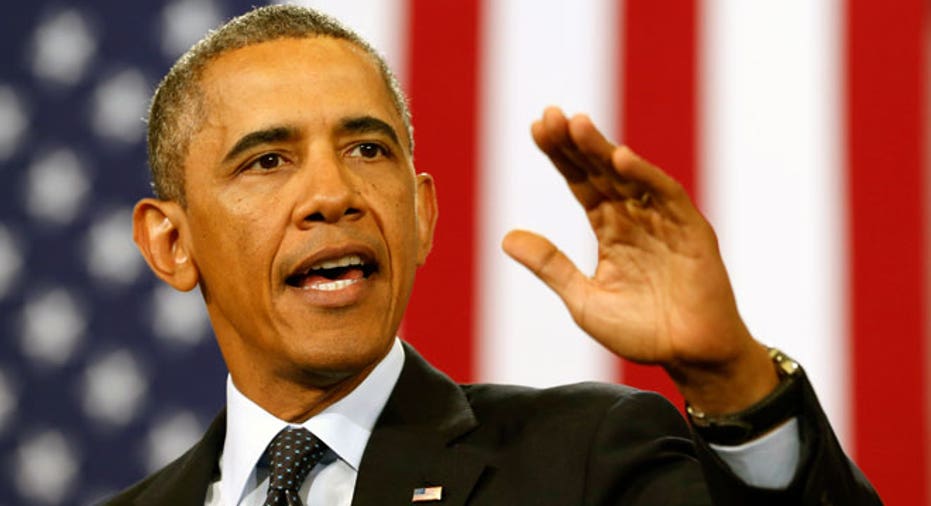Obama Says Small Business Wins in WTO Agreement

For the first time, the World Trade Organization has come to a full agreement on initiatives – and some say small businesses in the U.S. stand to benefit.
The WTO’s Trade Facilitation Agreement, agreed to over the weekend in Bali, Indonesia, will reduce costs, cut red tape and speed up movement of goods imported and exported, according to the world leaders.
“The agreement will increase customs efficiency and effective collection of revenue, and help small businesses access new export opportunities through measures like transparency in customs practices, reduction of documentary requirements, and processing of documents before goods arrive,” says the U.S. Trade Representative’s official announcement.
President Obama said it was good news for Main Street.
“Small businesses will be among the biggest winners, since they encounter the greatest difficulties in navigating the current system. By some estimates, the global economic value of the new WTO deal could be worth hundreds of billions of dollars,” said the official statement released by the White House.
According to recent Census data, 98% of exporters in the U.S. are small-and-medium businesses with fewer than 500 employees.
“Red tape and complexity hits small firms much harder than big guys that staff legal experts and have the international operations whereby they can deal with that much more easily than smaller firms,” says Small Business & Entrepreneurship Council chief economist Ray Keating. “Any time you’re able to remove or lower trade barriers, that’s going to be a good thing.”
Some experts, however, are less confident about whether the agreement will change the overall picture for small businesses.
“The payoff depends on faithful implementation by countries. The language is not prescriptive -- in other words, it doesn’t demand that countries do this or else,” says Peterson Institute for International Economics senior fellow Gary Hufbauer. “It really urges them to make ‘best endeavors.’”
That said, Hufbauer says that if countries do faithfully implement best shipping practices, the cost of conducting international business will be cut as much as 20%. In countries like India and other developing nations, Hufbauer says customs delays can keep shipments grounded for a week – and cost hundreds of thousands of dollars.
“Countries will get a lot of publicity – they’ll know that even if their officials like it the way it’s done, the trade ministers don’t. There will be more emphasis on improving customs clearance and getting ports better up-to-shape,” says Hufbauer.



















